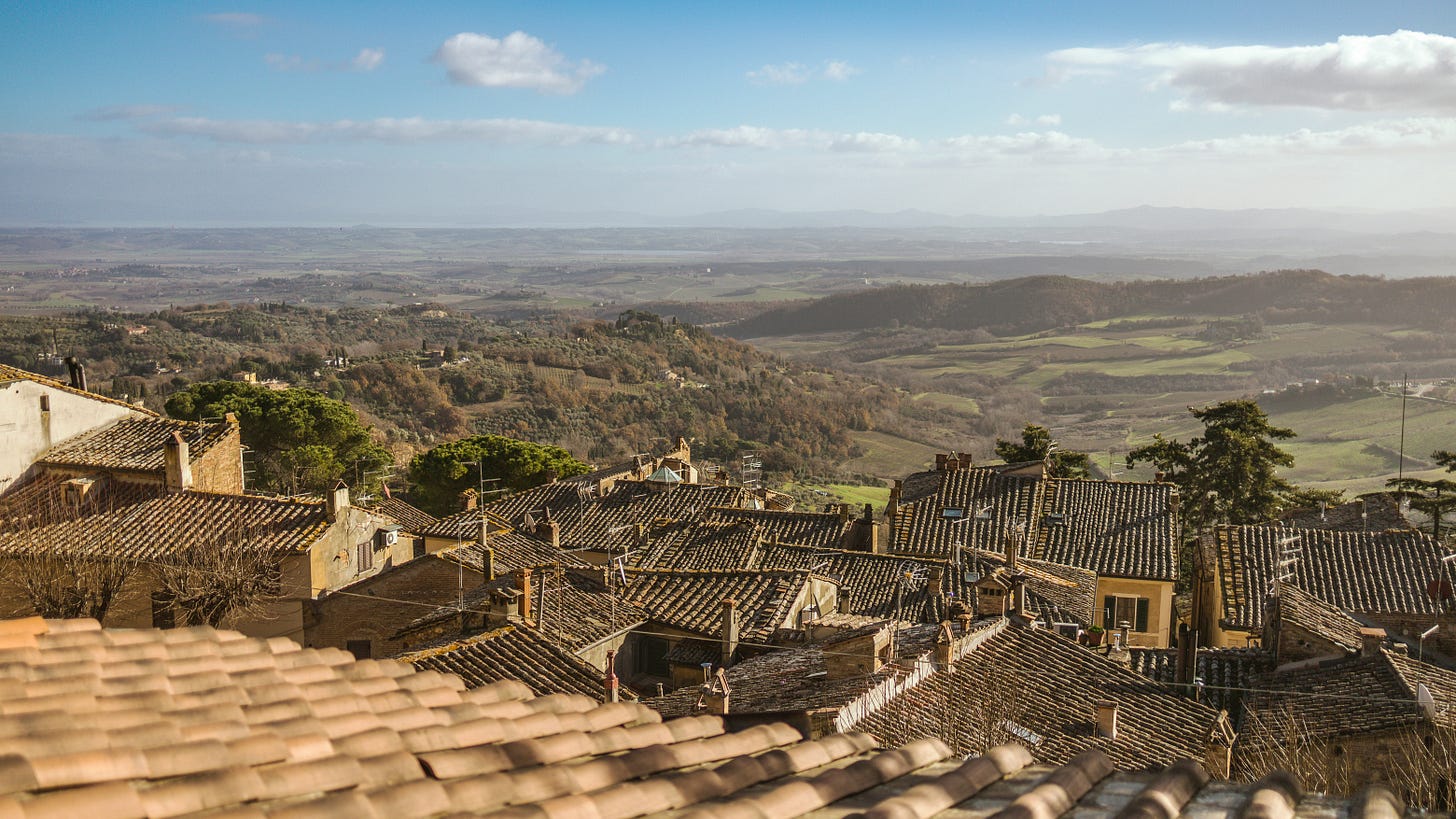Under the Tuscan Sun: A Real-Life Tale
Anything but easy — but absolutely worth it.
When we first dreamed of moving to Tuscany, our vision was painted with hues of golden sunsets, rolling vineyards, and the idyllic life portrayed in countless blogs and YouTube vlogs. The stories of families finding harmony amidst olive groves and ancient stone villas captivated us. With our two young children in tow, we decided to turn that dream into …


